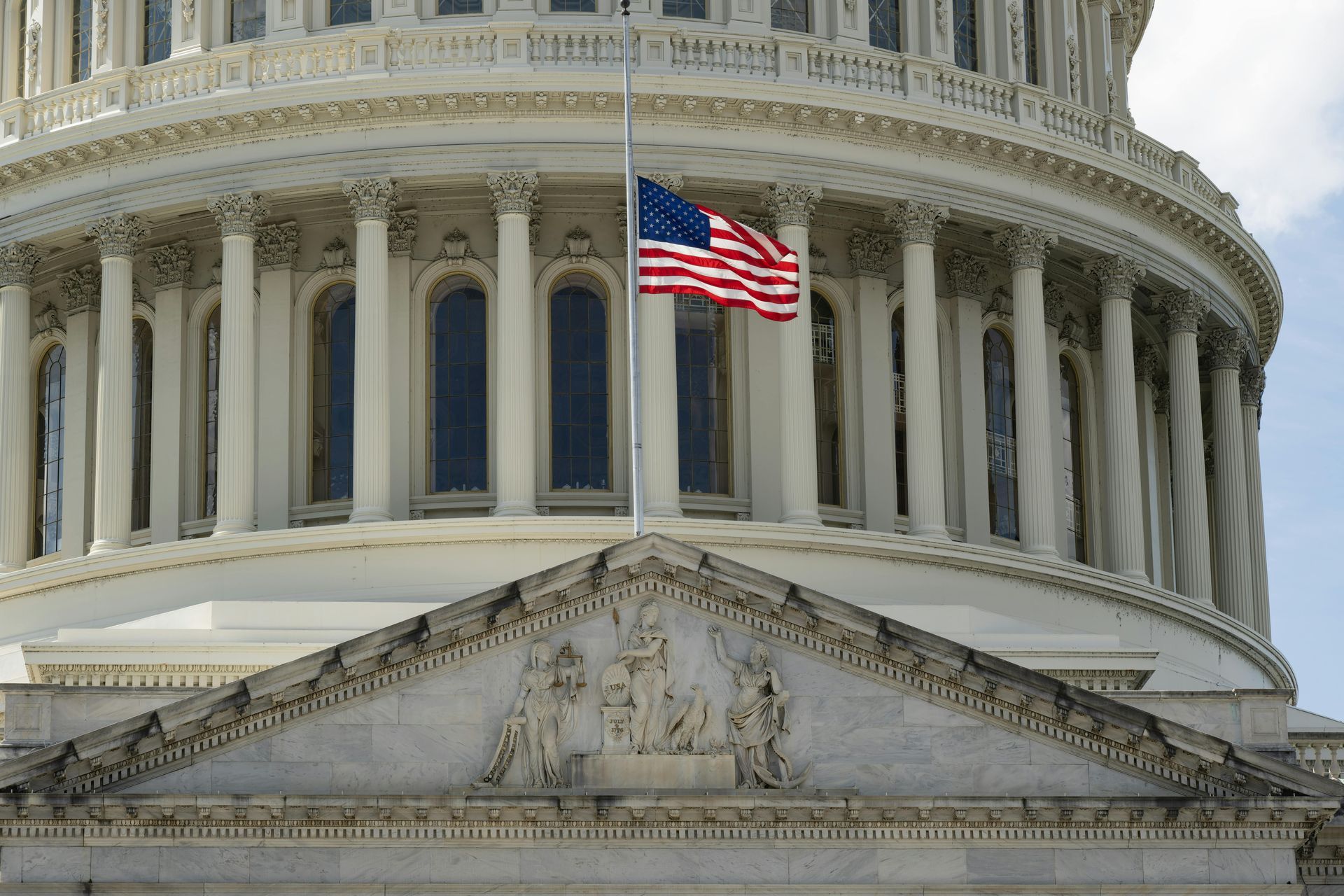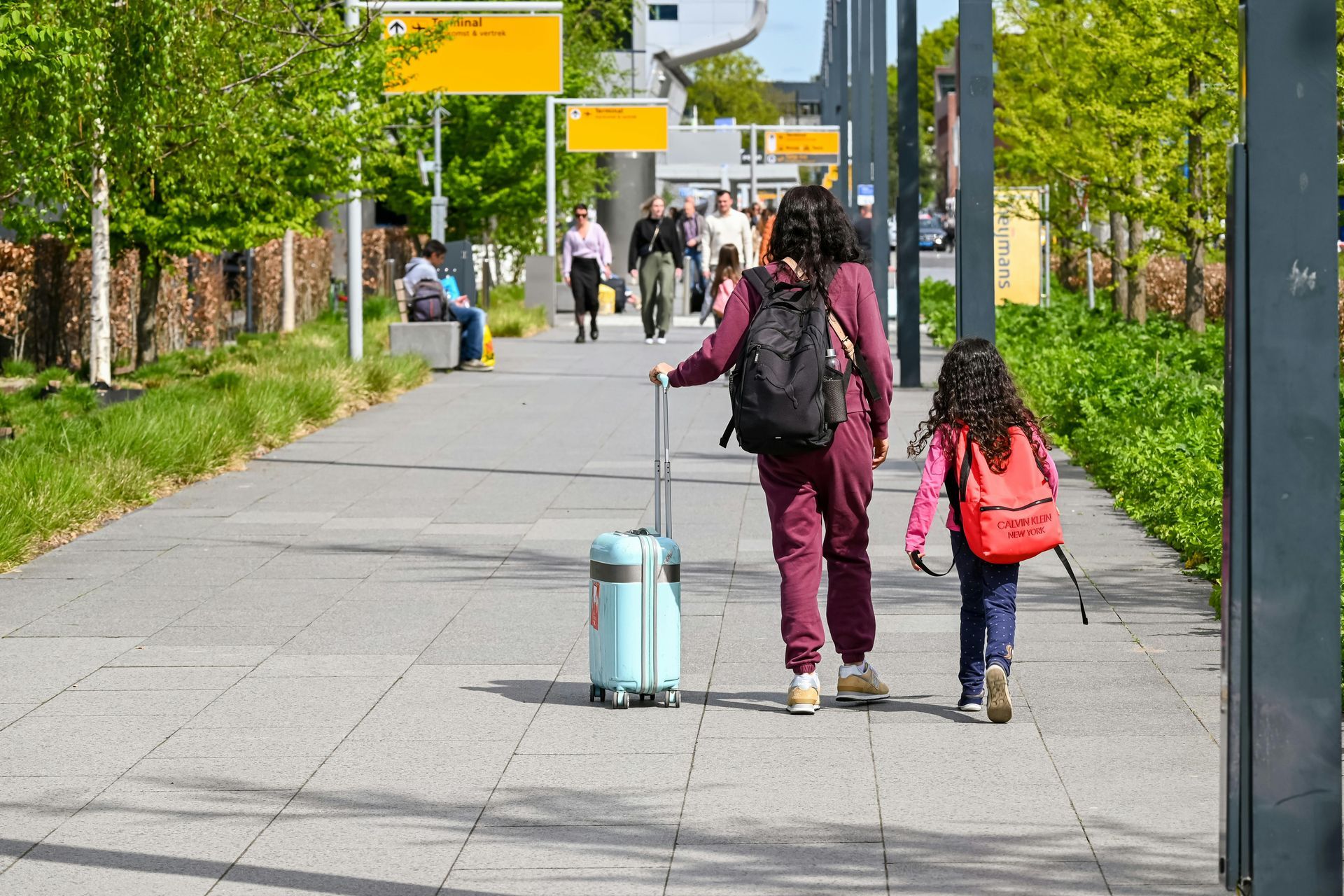Understanding the January 28, 2025, Vacatur Memo on Venezuela TPS
On January 28, 2025, Secretary of Homeland Security Kristi Noem vacated the January 10, 2025, decision by former Secretary Alejandro Mayorkas that had extended the 2023 designation of Temporary Protected Status (TPS) for Venezuela and ordered that his January 17, 2025, notice re-designating Venezuela TPS be vacated. This action has understandably caused confusion and concern among Venezuelan TPS beneficiaries and those with pending applications.
It is critical to clarify that this does not mean that the TPS program for Venezuela has been eliminated. Instead, the Department of Homeland Security (DHS) must now reconsider whether to re-designate (extend) or terminate the previous Venezuela TPS designations from 2021 and 2023.
What Does the Vacatur Mean?
Because the January 17, 2025, TPS extension was vacated, the most recent valid TPS designation for Venezuela remains the October 3, 2023, designation. The vacatur does not immediately affect TPS protections for individuals covered under the prior designations. However, DHS must make key decisions in the coming months:
- By February 1, 2025, DHS must decide whether to extend or terminate the October 3, 2023, designation.
- By July 12, 2025, DHS must decide whether to extend or terminate the March 9, 2021, designation.
- If the Secretary does not make a timely determination (for example, if the Secretary were not to make determination by February 1, 2025 whether to extend or terminate the 2023 Venezuela TPS designation), then the statute provides for an automatic extension of the designation for an additional period of 6 months. INA 244(b)(3)(C), 8 U.S.C. 1254a(b)(3)(C).
Until these decisions are made,
TPS remains in effect under the previous designations, and those who have already been granted TPS are not immediately impacted.
Who Is Affected and What Should You Do?
Current TPS Holders
If you were already granted TPS under the March 9, 2021, or October 3, 2023, designations, your status remains valid. You must continue to comply with all re-registration requirements to maintain your protection and work authorization.
Re-registration period:
- TPS beneficiaries under the 2021 and 2023 designations must re-register between January 17, 2025, and September 10, 2025, to maintain their legal status and work authorization.
Individuals with Pending TPS Applications as of January 17, 2025
If you applied for TPS before January 17, 2025, under a previous designation, your application will continue to be processed. If your application is approved, your TPS protection will remain valid at least until April 2, 2025. There is no need to reapply.
Individuals Who Applied for TPS Between January 10, 2025, and January 28, 2025
If you applied for TPS during this period, USCIS will cease processing your applications and issue refunds of any fees paid in association with those applications. Additionally, USCIS will invalidate EADs; Forms 1-797, Notice of Action (Approval Notice); and Forms 1-94, Arrival/Departure Record (collectively known as TPS-related documentation) that have been issued with October 2, 2026 expiration dates under the January 17, 2025 Mayorkas Notice.
What Happens Next?
Given the Biden administration’s prior support for TPS, many expect DHS to extend or re-designate Venezuela for TPS rather than terminate it. However, no final decision has been made, and Venezuelan nationals with TPS or pending applications should continue to follow updates closely.
What Should You Do Now?
- If you currently hold TPS, continue to comply with all TPS renewal requirements and remain aware of DHS’s upcoming decisions.
- If you have a pending application, check USCIS updates regularly and consult with an immigration attorney for the latest guidance.
- If you applied between January 17, 2025, and January 28, 2025, seek legal counsel to understand how the vacatur may affect your application.
Stay Informed and Get Legal Guidance
Our immigration firm is closely following these developments and will provide updates as soon as DHS makes its decision. If you have questions about your TPS status or how this memo affects your case, contact our office today for a consultation.
For more information, refer to the official DHS notice on the vacatur:
Vacatur of 2025
Temporary Protected Status Decision for Venezuela.
This blog is not intended to be legal advice and nothing here should be construed as establishing an attorney client relationship. Please schedule a consultation with an immigration attorney before acting on any information read here.
Angelica Rice
Similar Posts










